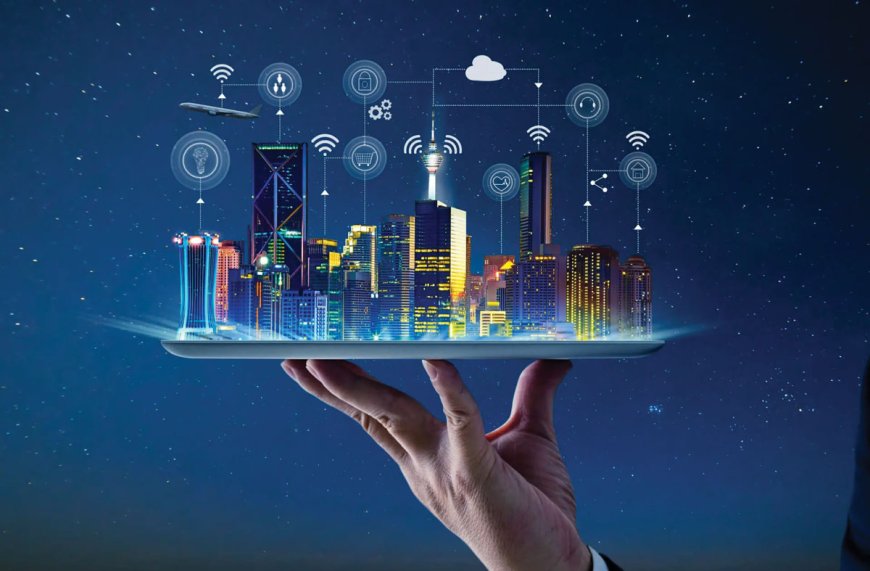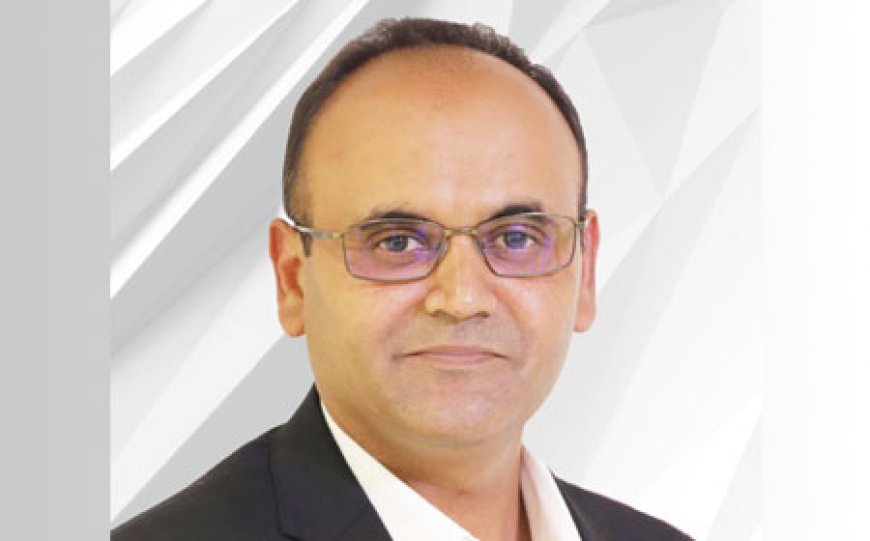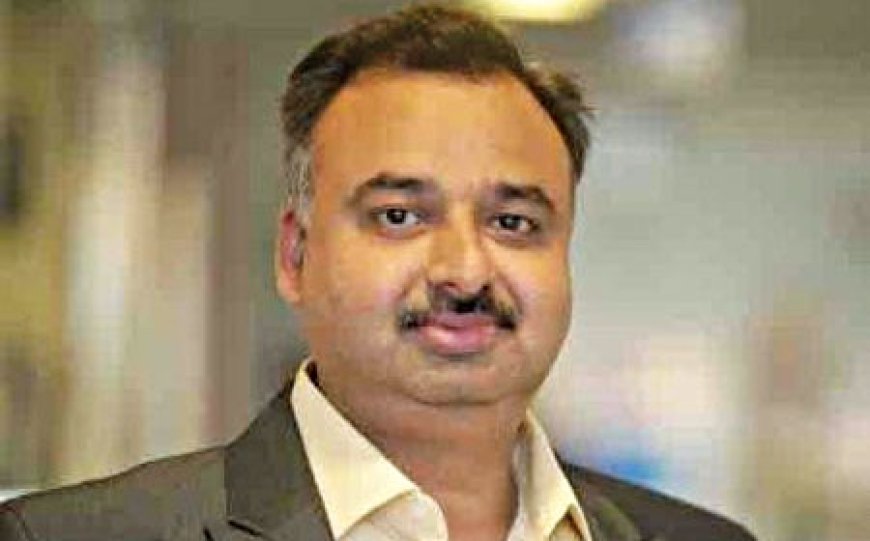Building a Smart Future

Growing living standards and increasing digitalization are pushing for smart solutions in residential and commercial buildings. Construction Times finds out the emerging smart solutions and the future trends in this sector.
The concept of smart buildings is emerging fast in India, with the urbanization and modernization picking up. People now prefer more safety and security, apart from better accessibility systems to enable a secure and peaceful living and working environment. While builders are designing their projects considering all these aspects, customers especially the young buyers are preferring automated smart home accessories and systems.
Making homes and offices smart
The adoption of smart products in residential and commercial buildings are on the rise. Living space owners are opting for products which can enhance their lifestyle helping them benefit from the latest technologies.

Residential and commercial buildings and spaces are transforming from the just four-wall space to smarter and secure place to live and work. Kiran Dutt,

“Today, commercial building owners look at four major factors like, energy efficiency and operational efficiency enhancers as well as products that improve productivity of occupants and enable data driven decision making,” says Chetan B. Mhatre, Head – Systems Business, PEWIN Division, Panasonic Life Solutions India.
Connected living
Modernisation and rapidly growing urbanisation are driving the concept of connected living though digitally enabled solutions. According to Mhatre, market growth drivers like rapid urbanization, technological advancements, government initiatives and changing lifestyles are driving the accelerated adoption of connected living solutions in India. “The Indian market is expanding rapidly, with increasing investments from both domestic and international players. As a result, this growth is driving innovation and competition, leading to more accessible and affordable connected devices and services for consumers,” he adds.

According to Girish K Chawla, Head of Professional Business - Signify, Greater India, the concept of connected living is gaining momentum rapidly in India, driven by urbanization, digitalization, and a growing demand for convenience and comfort. “As more Indian consumers embrace smart home technology, we anticipate continued growth and innovation in the connected living market,” he adds.
Safety and security
The need for better safety and security in residential buildings is driving the adoption of smart systems and solutions that offer enhanced protection and peace of mind for homeowners. Smart home security solutions enable homeowners to enhance the safety and security of their residences, transforming their houses into smarter and safer living spaces. ABB offers various such solutions including smart door entry system, presence simulation and movement detection. A smart door entry system is a crucial component of any intelligent home, providing convenience and security. For individuals seeking enhanced home security while away, ABB’s smart home solutions offer the ability to simulate presence, providing peace of mind. Intelligent motion detectors are a standard feature in many smart homes and security setups.
High rise residential buildings are more prone to fire/smoke related losses to life and property. Hence, fire detection is now mandatory in residential buildings above a certain height.
Chawla elaborates, “Our outdoor lighting range, equipped with motion sensors and remote access capabilities, helps deter intruders and improve visibility around residential properties. Additionally, our Interact Home app integrates with smart security devices, allowing users to receive real-time alerts and monitor their homes from anywhere.”
Smart solutions
Today, most utility systems in residential and commercial building are becoming smarter with the help of digital and IoT-based solutions. For example, the latest smart solutions from ABB Electrification for commercial buildings address the pressing issue of energy management, which has now become a priority at the board level for all organizations due to soaring utility costs and anticipated future increases. These solutions provide real-time insights into building conditions and robust energy management capabilities, according to Dutt.
Mhatre adds, “We have systems which help our customer to achieve their goals for operational efficiency, productivity improvement, and energy efficiency in commercial spaces. In, residential spaces our products help our customers to have convince, comfort and energy efficiency.”
The latest smart solutions offered by Signify for residential and commercial buildings include the Philips Hue Sync Box and the Interact City connected street lighting system. “It revolutionizes entertainment experiences by synchronizing lighting effects with on-screen content, creating immersive viewing environments for residential users,” says Chawla.
These innovative solutions deliver cutting-edge technology that enhances user experiences, improves efficiency, and promotes sustainability in both residential and commercial settings.
Smart future
Businesses are increasingly turning to IoT devices to monitor and manage real-time energy consumption in a constantly evolving landscape. AI-driven automation is playing a major role in providing smart features for residential and commercial spaces. According to Mhatre, wireless technologies, Internet of Things, Cloud BMS, Edge AI, and Cybersecurity are the future. “Wireless technologies are making strong inroads in this market. However, customers need to be cautious of the proprietary nature of wireless systems which is more of an advantage to supplier,” he adds.
Chawla elaborates, “To meet these future needs, we are investing in research and development, forging strategic partnerships, and expanding our product portfolio to deliver innovative solutions that empower individuals, businesses, and communities to thrive in an increasingly connected world.”
“Looking ahead to 2024, innovative technologies such as robots, virtual reality (VR), and augmented reality (AR) are expected to revolutionize automated building management,” Dutt concludes.







